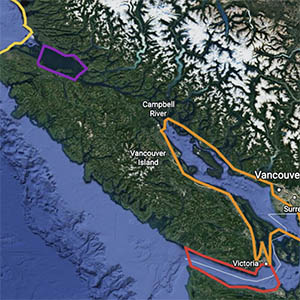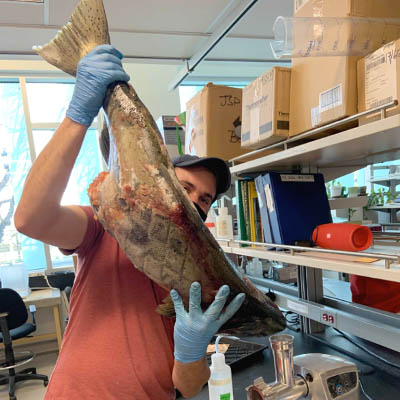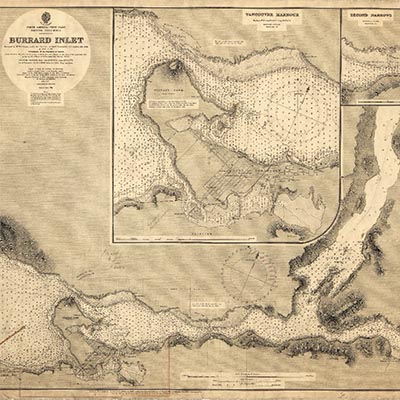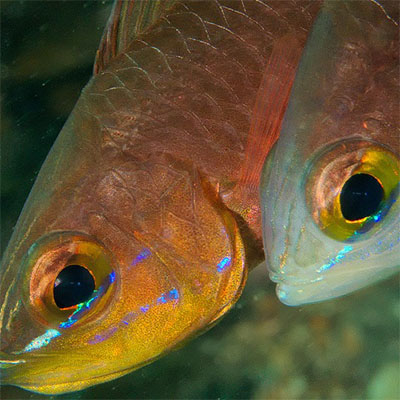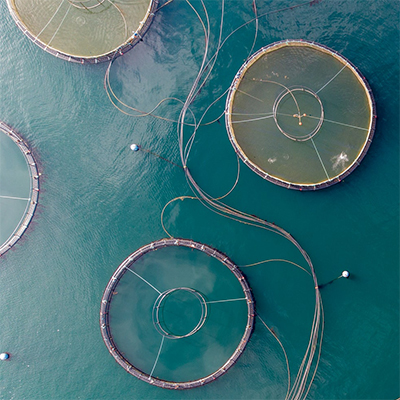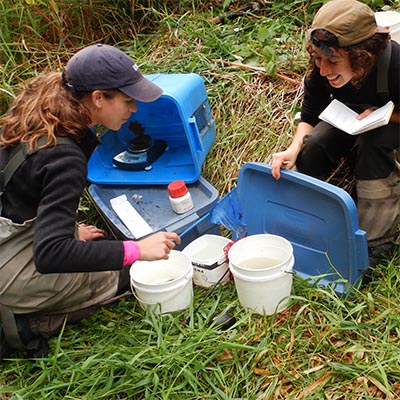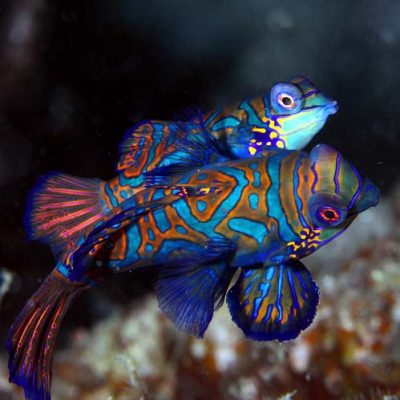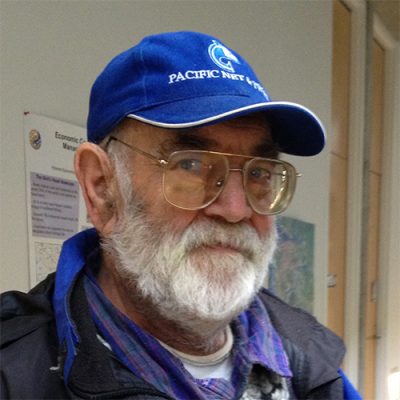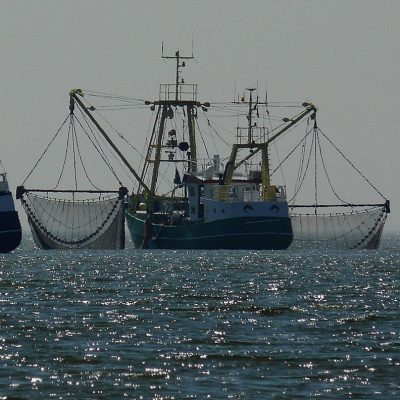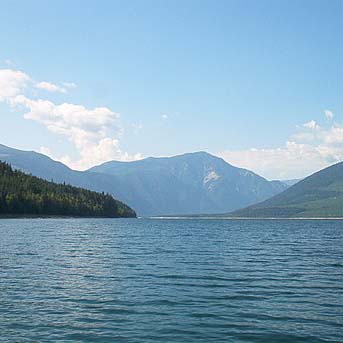Expect shorter food chains in more productive coastal ecosystems
“We provided evidence for bottom-up omnivory in nutrient-rich temperate pelagic ecosystems, where food chain length is determined by the level of diatom production,” said Jacob Lerner. “This is very different from the global model for pelagic ecosystems.”
Researchers deploy a new tool to study Chinook salmon fat content on the Fraser River
A Chinook with a short migration to Harrison Lake may offer half the calories to a resident killer whale as a similarly sized Chinook headed to the headwaters of the Fraser River.
New FCRRs: Historical Ecology in Burrard Inlet and Reconstructing the pre-contact shoreline of Burrard Inlet
These two new Fisheries Centre Research Reports will help us understand the overpowering changes that colonial settlement and development has had on the marine ecosystems surrounding the Lower Mainland area of British Columbia.
Data confirm link between respiratory stress and fish reproduction
A consistent metabolic ratio found across 133 Chinese marine and freshwater fish species provides new evidence in support of the idea that fish become sexually active – and spawn for the first time – in response to growth-induced respiratory stress.
PROFILE: Saving British Columbian streams, rivers and lakes for fish
The Applied Freshwater Ecology Research Unit’s (AFERU) job is to find ways to conserve freshwater species, test effectiveness of current conservation strategies, and understand how freshwater fish are responding to changes in their habitats.
What really makes fish become sexually active
“What I think really makes fish spawn for the first time is the increasing oxygen stress that growing fish experience,” Daniel Pauly said
In Memoriam – Josef (Joe) Bauer
A much revered fisherman, teacher, student, researcher, environmentalist, and Adjunct Professor with the Institute for the Oceans and Fisheries and its previous incarnations.
China and the E.U. aren’t the only ones to blame for harmful fisheries subsidies
“Don’t think that just because you’re not providing six billion dollars that you’re not impacting, or potentially impacting the sustainability of the fish stock.”
Ecosystem modelling indicates that adding fertilizer to water reservoirs pays off
In the simulated Arrow Lakes Reservoir, fish fared better when nutrients were added to the water, regardless of whether the water flow was high or low.
